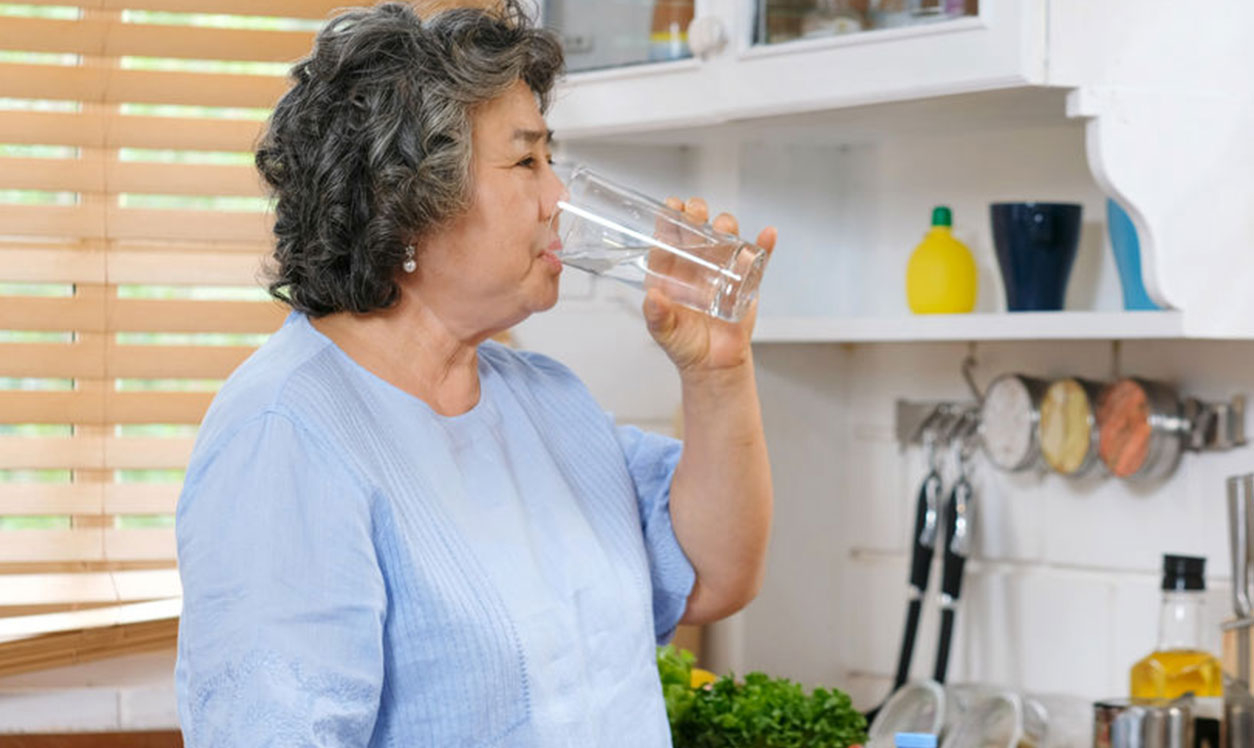2020 has introduced the general public to a lot of medical terminology – one such word being "immunocompromised". To be immunocompromised is to have a reduced ability to fight off infections and diseases. Those who are immunocompromised have been especially vulnerable to COVID-19, highlighting the importance of a healthy immune system.
Typically, we shrug off the work our immune system does to defend us from malign microorganisms. That is, at least, until it fails. Fortunately, there are ways for the majority of us to boost our immune system, providing we are willing to make certain lifestyle changes.
Our immune system is a series of functions in our body that all need to work in harmony in order to do so effectively. Consequently, it requires a commitment to holistically improving our health before it can be improved. Below, we have highlighted how you can do just that.
Engage in weekly exercise
Aside from keeping your body weight down and improving the strength of your bones, physical activity is also key to boosting your immunity. A weekly run, for example, can help you flush bacteria out of the lungs and airways, helping you to reduce your chances of getting a cold, flu or other similar illness.
Likewise, the increase in body temperature you get from your physical output may help prevent bacteria from growing in the first place. Just like when you have a fever, higher temperatures can help fight back the infection.

Additionally, exercise creates change within your antibodies and white blood cells. It is these white blood cells that help fight disease within the body, and it is possible that the more they circulate the better they are at detecting infections.
Finally, as well as releasing endorphins and serotonin, exercise slows the release of stress hormones. Stress can increase inflammation in your body and disrupt how well your immune system works. Not only does this make you more stressed, but also more susceptible to illness.
Take steps to improve your mental health
Obviously, reducing your stress levels is easier said than done. And while exercise is good at limiting your levels of anxiety and inflammation, it is not able to improve your immune system single-handedly. In fact, in terms of improving your immune system and your mental health, you can do no better than a healthy sleep routine.
Now, sleeping more will not necessarily fight off illnesses. However, not getting the proper amount of sleep can leave you more vulnerable to a cold or flu. When you sleep, your body produces cytokines, a type of protein that targets inflammation and infection. They are produced (and released) during sleep, meaning that if you do not get seven to eight hours a night, you limit your body's ability to respond to infection.

Outside of exercise and sleep, keep in touch with family and friends. Talking to people we know allows us to offload some of the feelings we have been having and helps to reduce some of the stress we have been carrying.
Beyond that, try to watch the food and drink you consume. Alcohol and caffeine can cause spikes in your anxiety and accelerate some stress-related symptoms that you would otherwise be able to avoid. Similarly, your diet plays a huge role in building up your immune system...
Strike a balance with your diet

If you want your body to be able to defend you from an attack on your immune system, you need to provide it with nourishment. Getting the right vitamins and minerals in your diet is essential to this. For instance, deficiencies of zinc, selenium, and vitamins A, C and D have all been proven to alter the immune response in animals.
You can increase your uptake of zinc by eating poultry, eggs, cheese and shellfish. If you are a vegetarian or vegan, you can also get zinc from root vegetables, nuts and seeds, as well as wholegrain cereal and breads.
Selenium is found in cashew and brazil nuts, along with seeds, grains, vegetables, eggs, poultry and fish.
Vitamin A, on the other hand, can be found in liver, milk and cheese. Leafy vegetables such as spinach also contain vitamin A, along with (often brightly colored) fruits and veg. Similarly, Vitamin C can be found in fruits and vegetables, including peppers, kiwis, oranges and tomatoes.
Vitamin D more readily comes from exposure to sunlight. However, you can boost this in the winter with the likes of oily fish, eggs and fortified cereals. There is little vitamin D in these foods though, and it is worth taking supplements if you largely work indoors.
Our solution
At Medix, our team are not just experts in healthcare – we are able to guide you through any lifestyle changes you may be looking to make too. While we do provide medication to support any illnesses you have, we can also advise you on how to boost your immune system with supplements.
The most important thing to remember is that, right now, every step you can take to improve your health helps to fight off any infection you pick up. COVID-19, for example, is particularly affecting those who are obese or have underlying health conditions.
If you have any questions about our online pharmacy service, you can always request a callback, or call us on 1-866-500-6633 (toll-free phone number) or +44 1438 500111 (international phone number).






